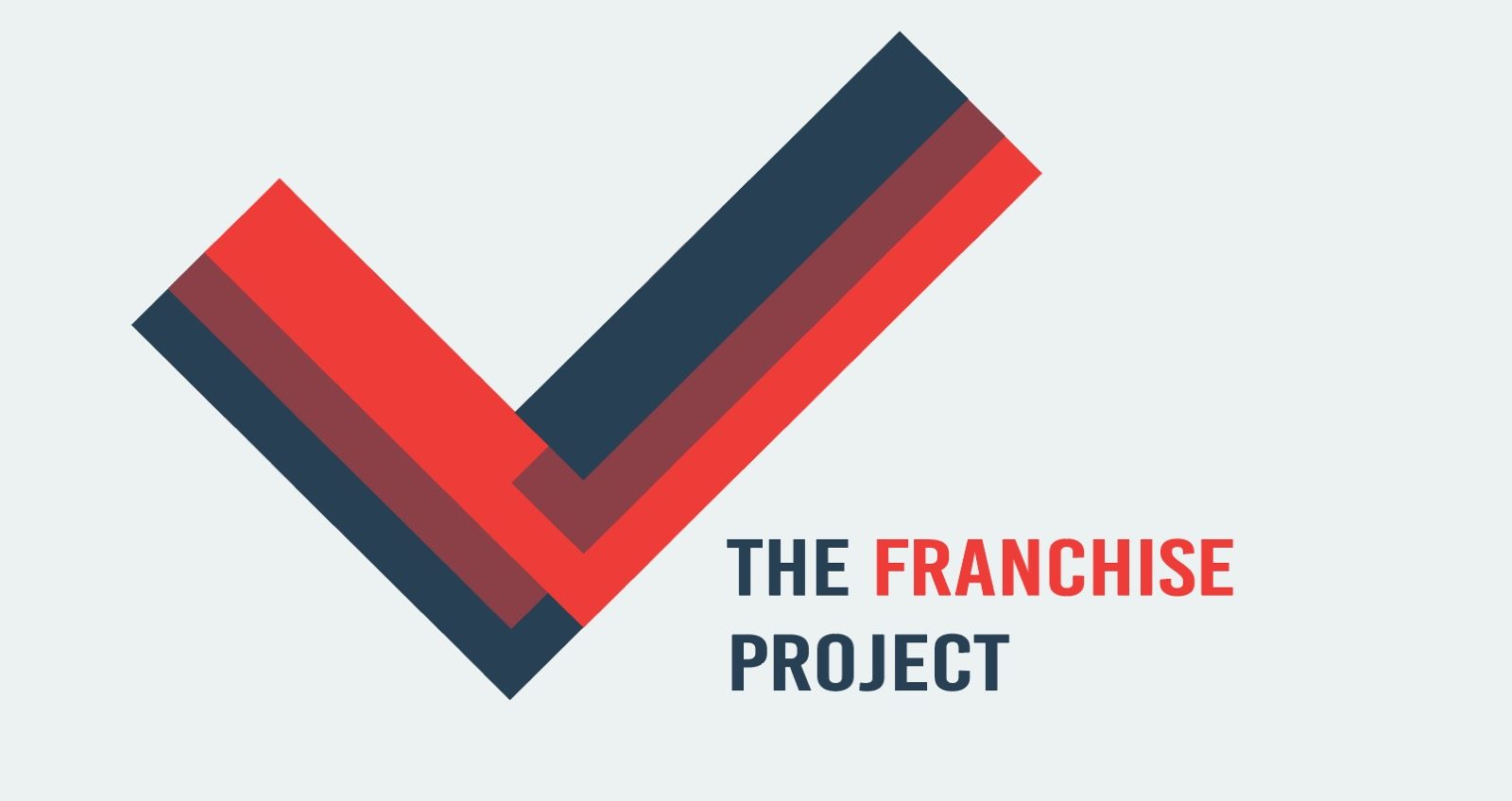Our democracy is strongest when all eligible citizens are able to participate. And yet, today, stories about voting rights only seem to break through during a high stakes election. And then, it’s only about high-profile election lawsuits or long Election Day lines. Further, restrictive voting laws, outdated registration practices, and extreme photo ID requirements keep many Americans out of the process altogether.
The Franchise Project seeks to change that. By providing clear, accessible information about voting rights, the Voting Access Scorecard will inform citizens about their local voting laws and show how each state can improve. Once informed, the Franchise Project will provide state-specific ways for citizens to advocate for more accessible election laws and practices in their communities.
The Voting Access Scorecard measures the accessibility of American elections by analyzing state election laws and practices. Each state’s performance is based on 30 metrics shown to affect accessibility and foster participation. The metrics were selected based on thorough research and extensive conversations with voting rights experts. More detailed analysis is provided in each category-specific Scorecard page.
Scoring
All metrics are weighted equally to fairly assess all states and their practices. Each metric is worth 1 point, for a total of 30 points. Note that if a practice varies by county or municipality, e.g. the number of early voting locations per municipality in Wisconsin, the state only received 0.5 points for that metric.
In presenting the Scorecard, we identified best and worst performers in each category. In doing so, we recognize the limitations of the model and, by presenting the research via quintiles, provide a more accurate measure of state performances. All research, including detailed scoring and sources, is available here.
Led by the co-founders, the research was conducted by the Franchise Project team. All errors solely rest with the co-founders.
